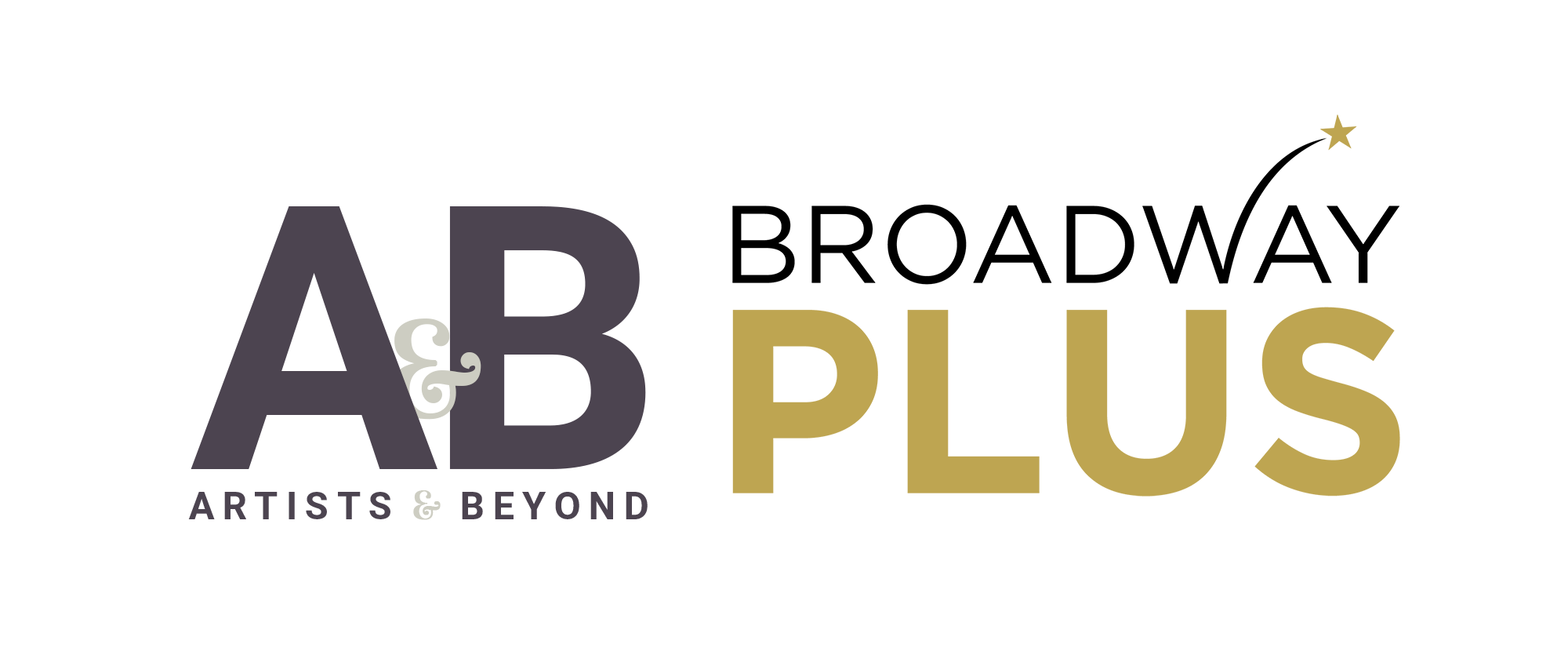...
SHOW WORKSHOP
HOW DOES IT WORK?
Let’s say you’re in rehearsal for a play or musical (for example, RENT, Cinderella, or even Noises Off). An artist from the Broadway, national tour, or regional cast of that show will travel to your theatre and spend the day working with your performers during a rehearsal for their upcoming show. A show workshop is customizable and covers in-depth work: feedback on songs and scenes, working with principals and ensemble, blocking and character development, giving notes at a dress rehearsal, and more.
HOW DO WE PREPARE?
Preparation is paramount to getting the most out of the rehearsal process. When an artist visits, performers should be ready for new challenges and ideas. It’s also important to establish a relaxed, but focused environment. Each workshop/ rehearsal will vary based on the show and artist. Each artist has a unique process and will approach each event differently. You want to give the artist flexibility, while also establishing specific goals you’d like them to meet.
Create a schedule based on which songs, scenes, blocking, individual cast members, etc. that you’d like the artist to focus on. This will ensure that your own expectations of scene work are covered. Make this readily available to your cast in advance and emphasize the importance of their familiarity with it.
Artists often times weigh in on blocking, line deliveries, vocalizations, and other directorial choices. It’s important to inform the cast to take these notes into implementation for the purpose of that day’s rehearsal, and that the final decision of whether or not those new choices stay will be up to you, the director, and the music director.
Leave time for a Q&A for the artist to have a talkback with the cast.
ACCOMPANIMENT
You should rehearse with the same accompaniment set up as usual. If you typically use a rehearsal pianist, have one available for the entire duration of the class. If you use rehearsal tracks, have someone assigned to run them with ease.

